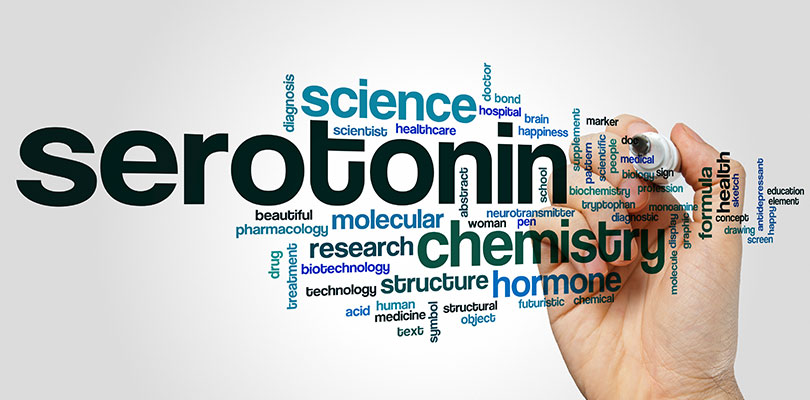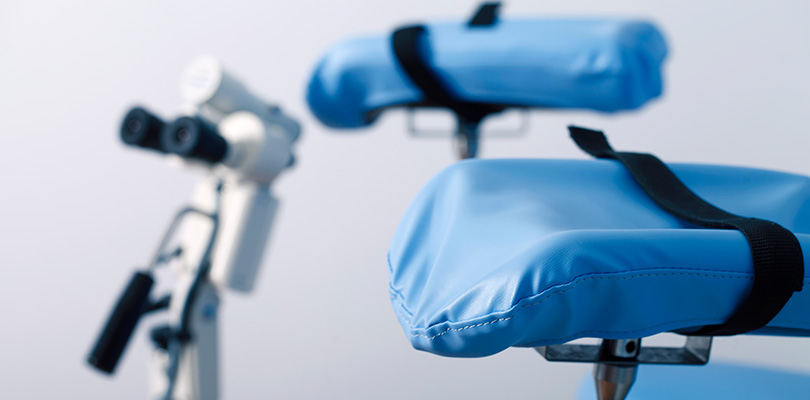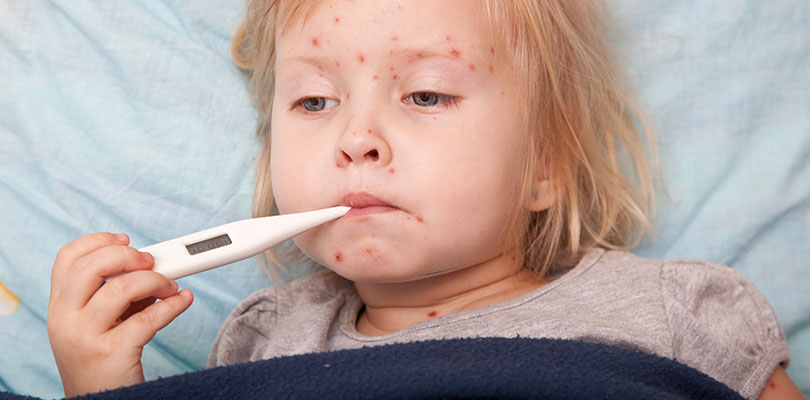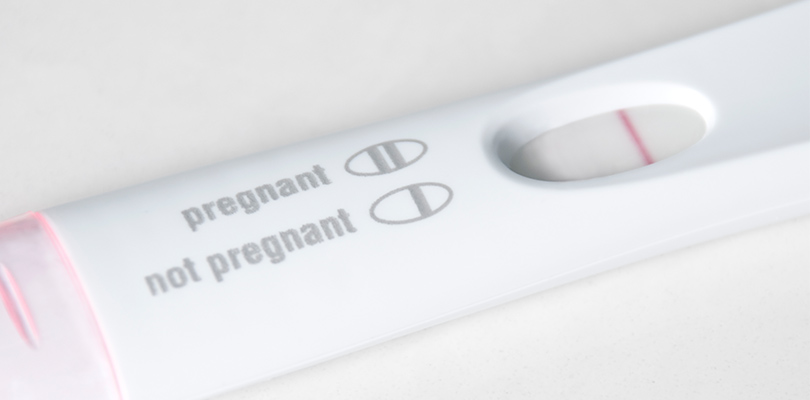
Photo Credit: "Alina Vincent Photography, LLC" / iStockPhoto.com
Ending the Stigma With Facts
Depression, like many other mental health conditions, continues to carry an unfair amount of stigma. When there is stigma, there are people turning fact into fiction or turning fiction into fact.
This increases the amount of misinformation as people without depression will begin to establish myths about the condition, and people with depression will change the way they see themselves and their condition based on these myths.
Busting myths is a great way to demystify and destigmatize depression. Here are the top depression myths, their dangers, and their realities.
1. Depression Is All in Your Head
Many myths about depression focus on the flawed notion that it is not real, or it is the fault of the sufferer. With this in mind, many people will say depression is all in your head.
Actually, this is true — depression is all in the head of the depressed person, but not in the way the myth-believers think. Their brain is functioning differently than the average person, and their thoughts will be more negative.
Together, these issues in the head will affect the rest of the body by changing behaviors and feelings.

Photo Credit: Marjot / iStockPhoto.com
2. Depression Is Due to Laziness
Outside observers might see laziness and depression having a direct relationship. They might even see only laziness without any depression at all.
In reality, symptoms of depression include lack of energy, lack of interest in pleasurable activities, and lack of motivation. These symptoms will look like laziness frequently, but the source of the symptoms will be depression.
This does not mean people with depression can’t have signs of being lazy — it only means laziness and depression are not the same.

Photo Credit: monkeybusinessimages / iStockPhoto.com
3. Depression Is Totally Hereditary
The myth goes that if your mother or father has depression, you surely will have the condition, too. This myth is true, but only partially. There is a sure genetic link in depression, but it is not as strong as other physical or mental health conditions.
About 10 percent of Americans will experience a depressive episode in their life, and if you have a parent with depression, your rate will rise to a 20 or 30 percent chance of developing it. So, you are more likely to not experience depression at all.

Photo Credit: BrianAJackson / iStockPhoto.com
4. If You're Sad, You're Depressed
Broke up with your girlfriend? You must be depressed. Got a bad grade on an exam? You must be depressed. Just found out you did’nt get the promotion you’ve been shooting for? You must be depressed.
Too often, people equate depression with sadness, but that is a bit like equating a hurricane to a windy day. Depression is multifaceted and multidimensional.
Depression includes changes to sleep, appetite, energy, motivation, self-worth, and mood. In fact, some people don’t feel sad at all during a period of depression.
Sadness is a normal human experience — depression is atypical.
Many of us are taught that early mornings are better for our health so we did some investigating to see if it's better to be an early bird or a night owl.

Photo Credit: lculig / iStockPhoto.com
5. Depression Is Due to A "Chemical Imbalance"
The phrase “chemical imbalance” is mentioned often when people discuss depression, bipolar, and other mental health disorders. Just browse through any online comment section for proof of this.
These statements are usually well meaning but far from a complete conceptualization of depression. This myth rises from the improvements people can find from taking medication for depression.
The “chemical” people are referring to in the “chemical imbalance” is probably serotonin. A group of medications known as SSRIs — selective serotonin reuptake inhibitors — work by allowing more serotonin to be present in the brain.
More serotonin is related to improved moods, sleep, and energy levels. The problem is no one knows how much serotonin is in the brain before medication is started or what makes it imbalanced. Plus, if it were all due to a chemical imbalance, beginning a medication would resolve all depression.

Photo Credit: eternalcreative / iStockPhoto.com
6. Medication Is the Solution
Unfortunately, medication is not an absolute cure for depression. Some people will respond well to a medication trial, while others will find no difference in their symptoms.
Others find the improvement to be overshadowed by problems with side effects that range from discomfort to danger.
Depending on the type, medications can increase levels of serotonin, norepinephrine, and other wanted neurotransmitters into the brain, but research has found cognitive behavioral therapy (CBT) can change the brain as well.
Exercise, eating, and other pleasurable experiences can change the brain, too. Medication might be helpful, but it is only one aspect of a multidisciplinary treatment for depression.

Photo Credit: tommaso79 / iStockPhoto.com
7. People With Depression Just Lay on the Couch Feeling Sad
You’ve seen the portrayal of mental illness in the media: the person, usually a middle-aged woman in her bathrobe, is laying on the couch in the afternoon looking sad. Certainly, people may fit into this stereotype of depression, but there is so much more to the condition.
Some people will be able to maintain adequate levels of energy and motivation despite their depression, which allows them to appear asymptomatic to the people in their life. Another group of people will present will high levels of irritability and agitation rather than depression, making others think they are angry rather than depressed.
Since there is no universal type of depression, you must find ways to understand each person’s struggle.

Photo Credit: monkeybusinessimages / iStockPhoto.com
8. Tests Can Diagnose You With Depression
Contrary to the myth, there is no definitive test to diagnosis someone with depression.
No blood or urine sample will show your depression. Even paper or computer-generated questionnaires, like the well-known Beck’s Depression Inventory (BDI) are only helpful in assessing a current level of attitudes and symptoms related to depression.
If you find yourself completing surveys linked to your social media pages, stop. This information will be flawed and faulty, which can result in misinformation that shapes your decision-making skills.
Only a trained mental health expert like a psychologist, psychiatrist, physician, or therapist can make the diagnosis based on your symptoms, the length of your symptoms, and other factors in your life. Making an appointment to see a specialist will be the surest path to a diagnosis, treatment, and greater understanding.
Gluten free diets have become increasingly popular, but is there any reason to go gluten-free if you don’t have celiac disease or wheat allergy?







